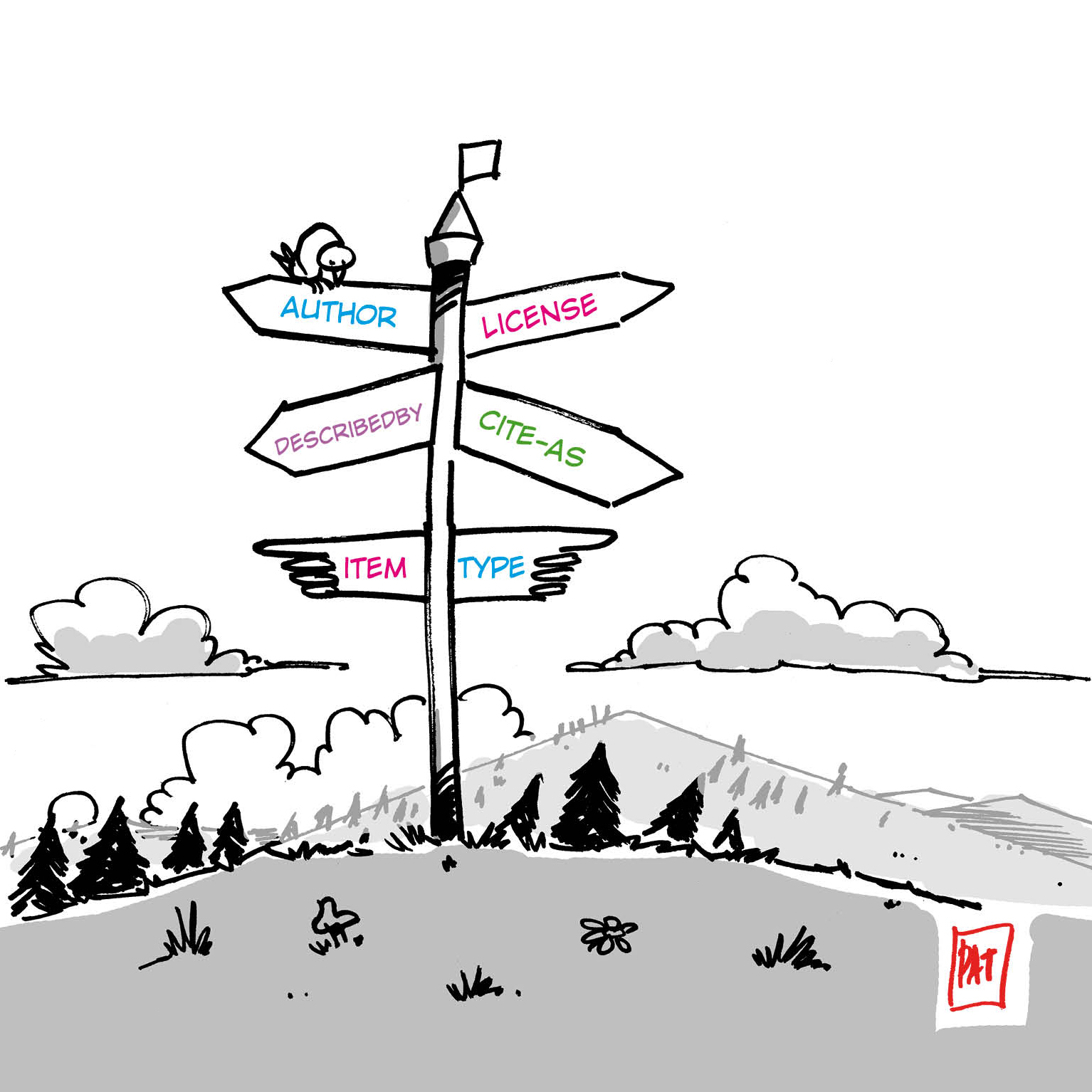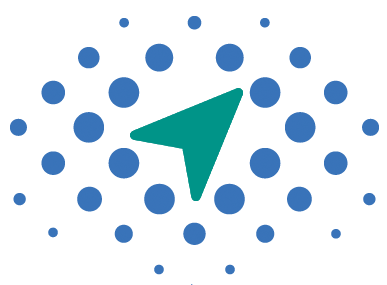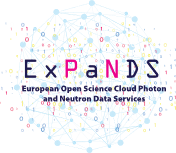Guidelines, methodologies and practice documents
ACME-FAIR
ACME-FAIR: a guide for Research Performing Organisations
Organisations:
FAIRsFAIR consortium
- Domain agnostic

The ACME-FAIR is to help those managing and delivering relevant professional services to self-assess how they are enabling researchers and their colleagues to do just that.
FAIR Adoption Handbook for Universities
FAIR Adoption Handbook for Universities
Organisations:
FAIRsFAIR consortium
- Domain agnostic

This is a teaching and training handbook for higher education institutions to help universities to apply the competence framework to their specific situation and needs.
FAIR Cookbook
FAIR Cookbook
Organisations:
FAIRplus consortium
- Domain agnostic

The FAIR Cookbook contains defined recipes for FAIRifying datasets, as well as more general topic guidance.
FAIR Connect
Open Access publishing platform of good practices for professional FAIR-Data stewardship.
Organisations:
GO-FAIR
,
IOS Press
- Domain agnostic

FAIR Connect is an Open Access publishing platform for the development and dissemination of good practices for professional FAIR-Data stewardship.
Organisations:
The FAIRsFAIR consortium
- Domain agnostic

The CoreTrustSeal + FAIRenabling Capability Maturity Model was designed so that repositories can self assess their trustworthiness and FAIR enabling status simultaneously, with a view to developing and improving their practice.
Organisations:
The FAIRsFAIR project
- Domain agnostic

The FAIRsFAIR service assessment framework helps users self-assess how well their research data infrastructure services support FAIR data.
FAIR Signposting
A method to expose machine-actionable navigation links
Organisations:
Signposting the Scholarly Web
- Domain agnostic

A method to expose machine-actionable navigation links that indicate downloadable resources, types and attribution – particularly for scholarly and institutional repositories which use persistent identifiers like DOIs.
RO-Crate
Research Object Crate (RO-Crate)
Organisations:
Research Object community
- Domain agnostic

RO-Crate has been established as a community effort to practically achieve FAIR packaging of research objects (digital objects like data, methods, software, etc.) with their structured metadata.
Organisations:
Ontology Engineering Group - Universidad Politécnica de Madrid
- Domain agnostic
Best practices for implementing FAIR vocabularies and ontologies on the web is a set of guidelines for ontology/vocabulary development and publishing.
I-ADOPT
I-ADOPT Interoperability Framework
Organisations:
RDA I-ADOPT WG
- Domain agnostic
The I-ADOPT Interoperability Framework is a set of guidelines based on a simple non-domain specific ontology that supports the decomposition of complex observable properties into their essential atomic parts represented through the concepts in FAIR terminologies.
LCT
License Clearance Tool
Organisations:
NI4OS-Europe
- Domain agnostic

The License Clearance Tool provides technical solutions to address legal aspects in FAIR and ORDM. It addresses the complexity of legal interoperability in scenarios where available IPR options need to be examined for derivative works.
Organisations:
ExPaNDS - the European Open Science Cloud (EOSC) Photon and Neutron Data Service
,
PaNOSC - Photon and Neutron Open Science Cloud
- Natural Sciences

This policy framework proposed a set of 21 elements to consider when formulating data policy for research infrastructures, especially in the photon and neutron (PaN) domain. Although the framework was produced specifically in the PaN context, it is sufficiently general that it is likely to be of value in other fields.